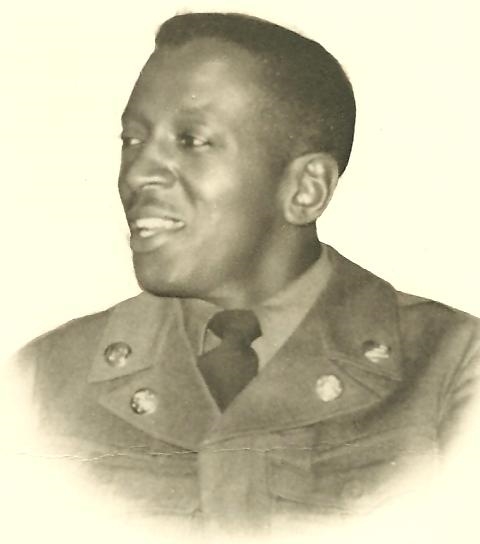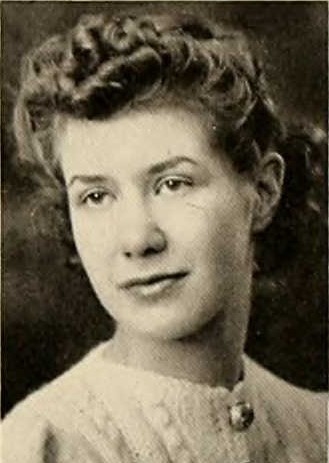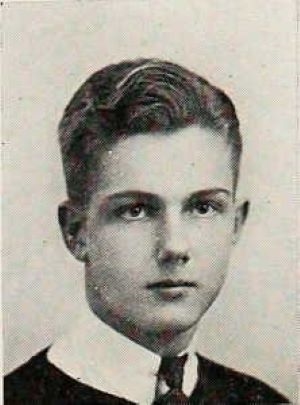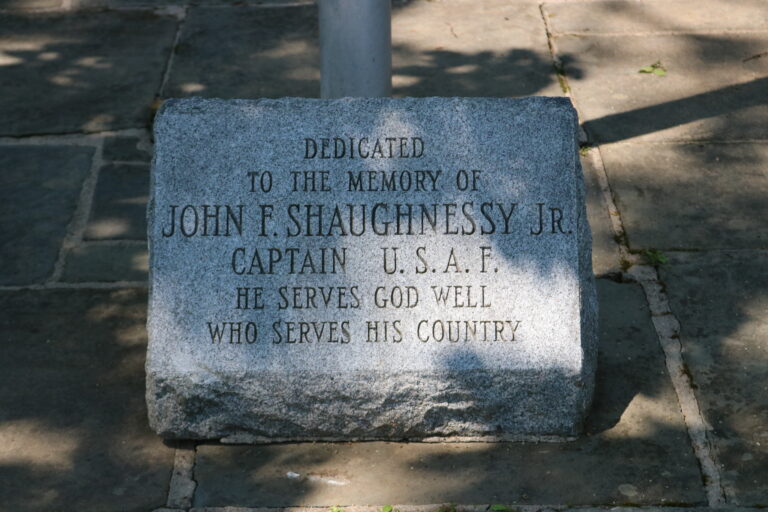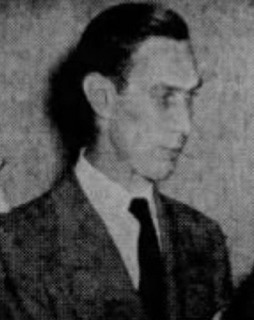Rye Vets Interview: Herbert Blecker, WWII Veteran
Rye Vets is a feature interviewing local veterans so their stories can be shared. For this feature, we were fortunate enough to interview Rye resident and WWII veteran Herbert Blecker.
Blecker was drafted into the U.S. military service on July 24th, 1944, on his eighteenth birthday, along with 25 people from the same Brooklyn, New York neighborhood. He turned 97 years old in July.
If you know a veteran in Rye we should interview, please let us know.
SPECIAL NOTICE: The City of Rye is looking for any and all veterans missing from its veteran monuments. It is the first effort to update the monuments since 1980. Learn more about this project and how to make sure no Rye veteran is forgotten.
Rye Vet: Herbert Blecker
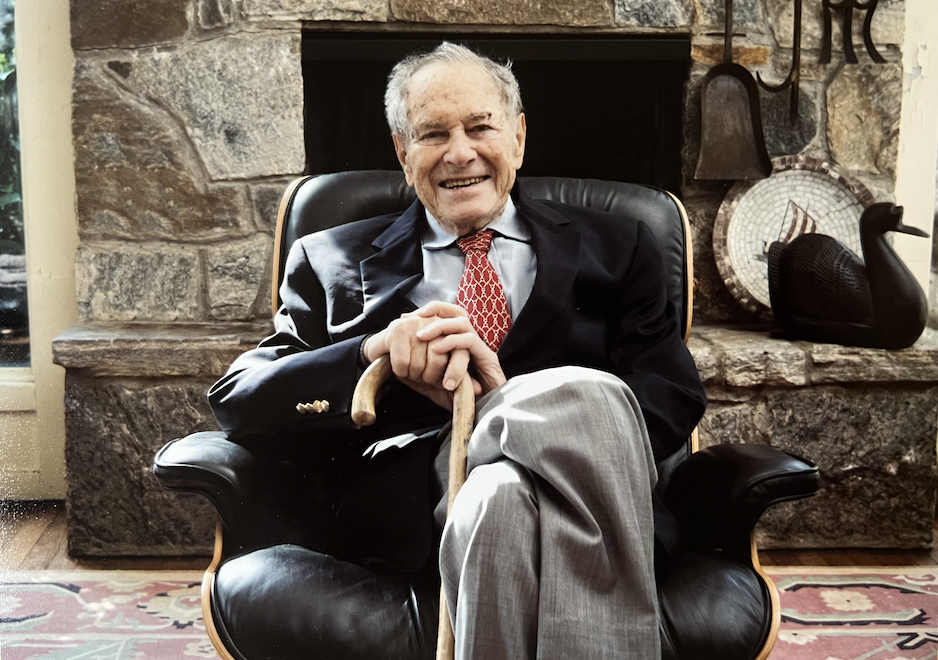
MyRye.com: Where do you currently live in Rye?
Blecker: Thorne Place, Rye.
What branch of service were you in and what years and where did you serve?
Blecker: I served in the Navy for two years. I entered December 1944 and was discharged September 1946. I trained in Stillwater, Oklahoma.
I was on a ‘Destroyer Escort’ named William T. Powell. It traveled north and south 100 miles off the coast of Maine all the way to Venezuela looking for submarines and other enemy ships ahead of the U.S. warships.
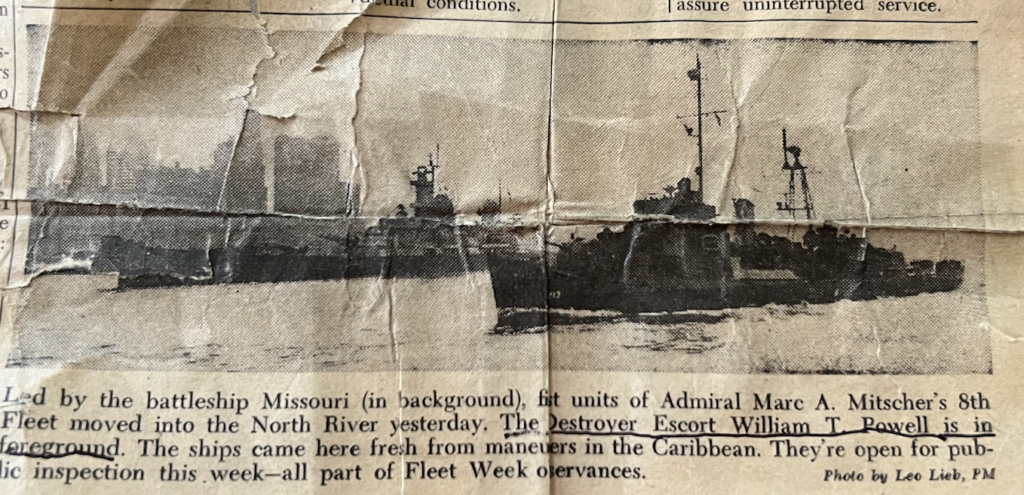
How did you come to serve in the military?
Blecker: I was drafted at 18 years old, at that time they forced you into service and I chose the Navy. Once I got into the Navy, I was given a written examination and received a very high rating on an intelligence test. As a result, I was sent to school to learn about radar and sonar. The first school was in Chicago for a month at Wright Junior College and then Oklahoma A&M, and then at the naval research laboratories in Washington, D.C.
Tell us about your responsibilities when you were in the service.
Blecker: After taking the written examination, I was sent to school to study radar and sonar (watching submarine underwater activity). I was placed onto a special ‘Destroyer Escort’ which escorted the U.S Navy fleet. My job was an electronic technician. I took care of the radar and sonar aboard the trip. I was on call 24 hours a day. I had to make sure they were always working, specifically the antenna at the top of the mast.
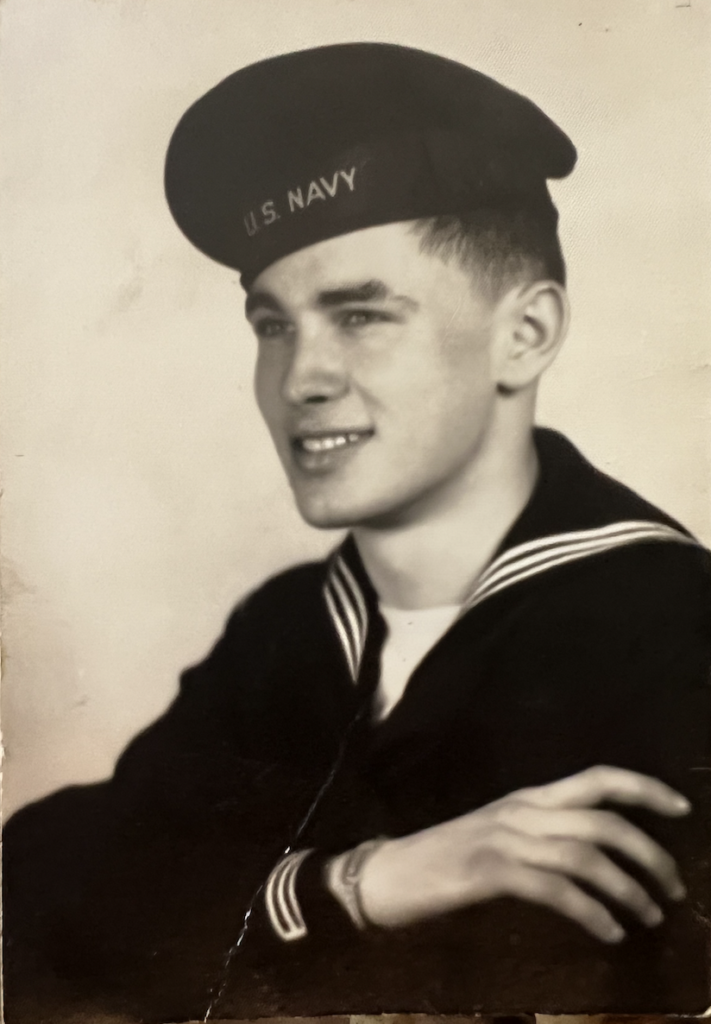
How did your time serving in the US Navy influence your personal life and views on service and the responsibility each of us has as a citizen?
Blecker: The Navy made me very loyal to the United States. After serving in the Navy, I felt I wanted to fight for something important and I needed a law degree to do that. The training encouraged me to go to law school and pursue a career beyond my duties as an electronic technician.
Therefore, after the Navy, I studied electronic engineering at the University of Michigan and graduated in 1948. I went to NYU Law School at night while working as an engineer to become a lawyer. I graduated law school in 1961.
I moved to Rye that year and later became a member of the Human Rights commission in Rye for many years. I have done a lot of community service throughout my life. I was also very involved at the Community Synagogue of Rye. Later in life, I volunteered as an arbitrator and served as a Domestic Abuse Hotline support person. I have also served as a Citizen Diplomat with the AJC and have served on the board. I have traveled all over the world and met with Diplomats advocating for Israel.
I also felt that my time in the Navy amplified my lasting adventurous character, which I passed on to my grandchildren. On my 80th and 85th birthday, I took my grandchildren and my kids on a river rafting trip. On my 90th birthday, I ziplined in Stowe, VT in Mountain Mansfield (biggest mountain in Vermont).
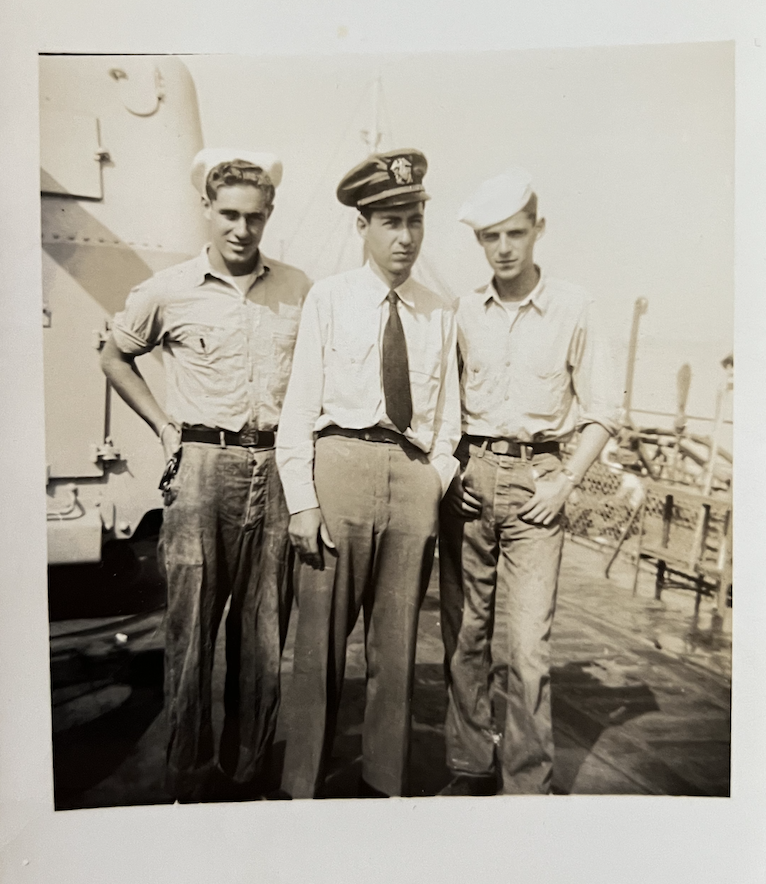
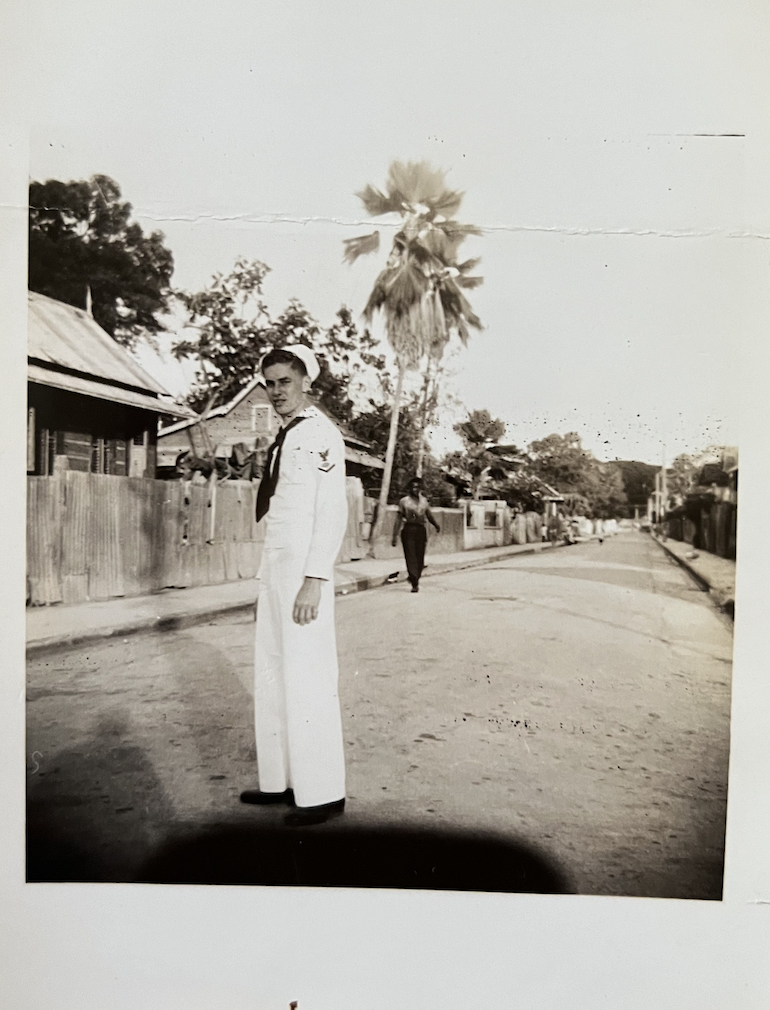
Do you think military service or more general service (AmeriCorps VISTA, Peace Corps, programming modeled after the Civilian Conservation Corps) should be required of young people?
Blecker: Only necessary in a time of conflict.
What is a story from your time in the service you enjoy telling friends and family?
Blecker: The most memorable event on the ship was that one day, the motor operating the antenna broke. The antenna was at the very top of the mast; it is about 60 feet from the deck to the top of the mast. As the ship would roll in the seas, the antenna was in danger of breaking off and falling.
The other electronic technician onboard was Henry Schneider. We had to climb up the mast, 60 feet in the air, and we stood on the little platform next to it. He held the antenna in place and I locked it so it wouldn’t fall off.
Henry Schneider is someone that I knew when I was 6 and he was 5. He lived several blocks from me when I lived in Brooklyn. A great coincidence is that Henry and I were selected (he enlisted and I was drafted) onto the same ship. Prior to being placed on the Destroyer Escort, we both were sent to the same school in Chicago to learn radar and sonar.
Henry Schneider also moved to Rye and we stayed lifelong friends. Henry passed away this year.
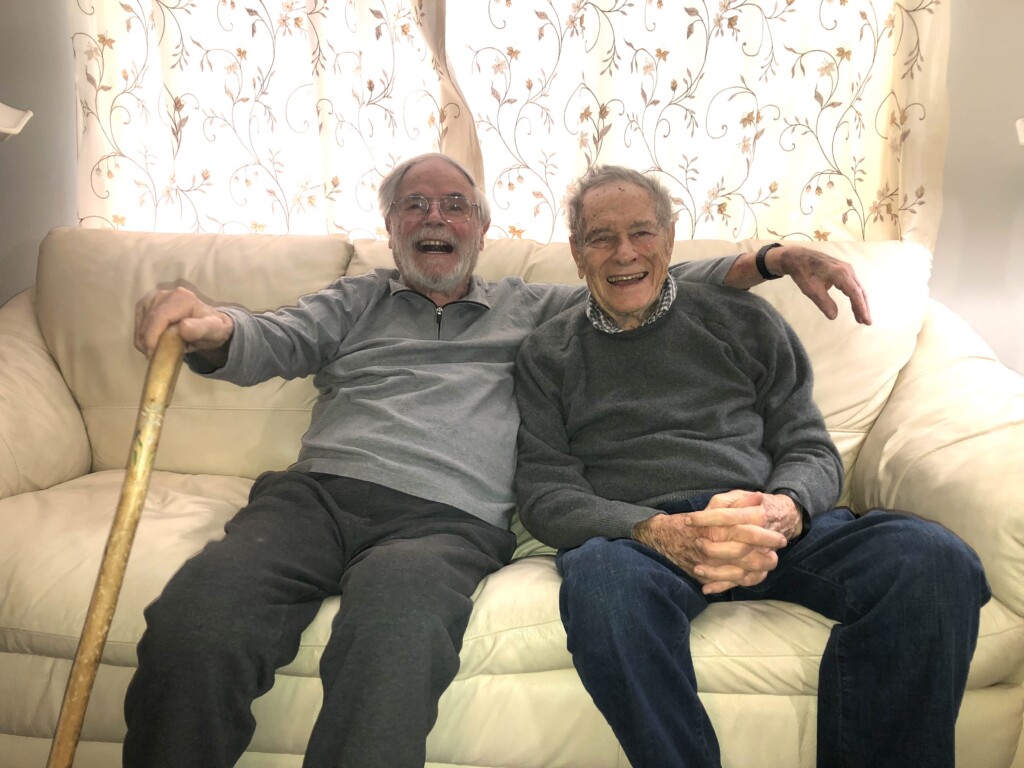
Thank you, Herbert!

